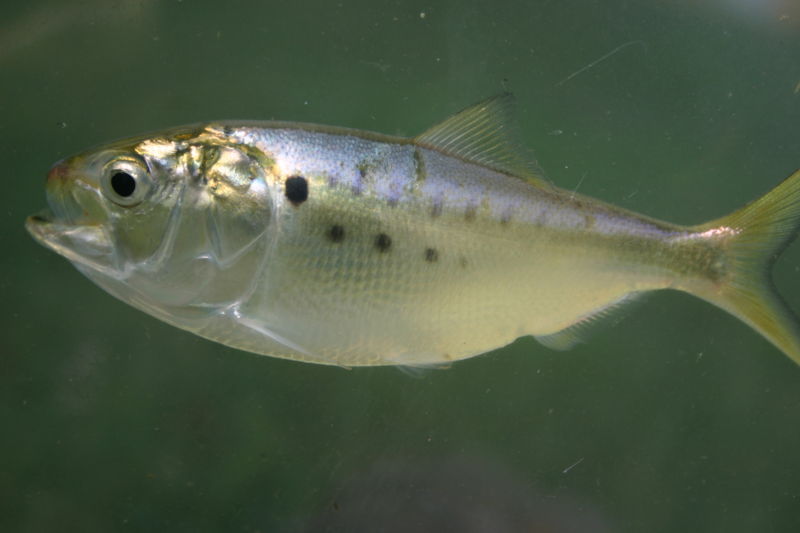
WASHINGTON, DC / ACCESS Newswire / February 14, 2025 / An article recently published by Public News Service ("NY's Regulations Help Keep Menhaden Populations High") presents a misleading narrative regarding Atlantic menhaden populations, regulations, and their ecological impact.
First, there is no scientific evidence that menhaden populations are declining in the Chesapeake Bay. The article states, "New York's decision to implement stricter menhaden protections in 2020 has led to a resurgence of the fish population," implying that populations were previously in decline. However, the coastwide menhaden stock from Maine to Florida has been in good shape for decades, as confirmed by the Atlantic States Marine Fisheries Commission (ASMFC), which manages the species coastwide. The ASMFC has repeatedly found that the species is not overfished and overfishing is not occurring. Additionally, the Atlantic menhaden fishery has been certified sustainable by the Marine Stewardship Council, the world's preeminent seafood sustainability certification body, since 2019.
Second, there is no evidence that New York's marine ecosystem was suffering due to a supposed menhaden decline in the Chesapeake Bay. The claim that New York's marine ecosystem has improved because of state-level regulation misrepresents how menhaden are managed. Menhaden populations and harvest levels are coordinated by the ASMFC across all Atlantic states, including New York and Virginia, under a shared regulatory framework. The article fails to acknowledge that New York does not have independent ecosystem-based regulations that differ from other states.
John McMurray, president of One More Catch Charters, is correct when quoted in the article as saying, "The Atlantic States Marine Fisheries Commission manages the species for more than just maximum sustainable yield, ensuring enough fish are left in the ocean for predators." However, this is true for all states along the East Coast, not just New York. The ecosystem-based approach to menhaden management was adopted coastwide in 2020, not specifically as a New York initiative.
The article also inaccurately suggests that Virginia lags behind New York in conservation efforts, with Jacqueline Higgins, forage fish manager for the Theodore Roosevelt Conservation Partnership, stating, "We can look at what New York is seeing and anticipate Virginia could see similar results." This assertion is baseless, as menhaden populations have been stable across the Atlantic for years. The claim that Virginia is less proactive ignores the fact that Virginia adheres to the same ASMFC regulations and, in fact, collects more data than any other state due to its role as the largest menhaden harvester.
Furthermore, the suggestion that Virginia's commercial menhaden industry has prevented effective legislation is false. The industry works closely with the Virginia Marine Resources Commission and the ASMFC to ensure sustainable management of the fishery.
Public News Service disclosed that the Theodore Roosevelt Conservation Partnership contributes to their fund for reporting on Climate Change/Air Quality, Endangered Species & Wildlife, Environment, Public Lands/Wilderness.

About the Menhaden Fisheries Coalition
The Menhaden Fisheries Coalition (MFC) is a collective of menhaden fishermen, related businesses, and supporting industries. Comprised of businesses along the Atlantic and Gulf coasts, the Menhaden Fisheries Coalition conducts media and public outreach on behalf of the menhaden industry to ensure that members of the public, media, and government are informed of important issues, events, and facts about the fishery.
Press Contact
Stove Boat Communications
(202) 333-2628
contact@stoveboat.com
SOURCE: Menhaden Fisheries Coalition
View the original press release on ACCESS Newswire
